How to Prevent Boredom in Pet Birds
Updated on 04/26/24
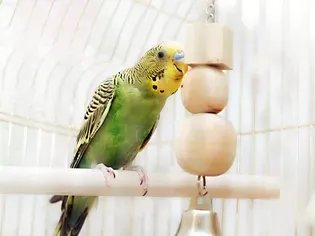
Unlocking the Secrets to a Stimulating and Enriching Life for Your Feathered Friend: How to Prevent Boredom in Pet Birds
As devoted bird owners, we want nothing but the best for our beloved companions. Ensuring their well-being goes beyond providing food, shelter, and basic care; it also entails catering to their unique emotional and cognitive needs. Boredom, a prevalent issue among pet birds, can have detrimental effects on their physical and mental health. In this comprehensive guide, we will delve into the causes of boredom in birds and explore a myriad of effective strategies to keep them engaged, entertained, and thriving.
Understanding the Causes of Boredom in Birds
Boredom arises when birds lack sufficient mental and physical stimulation within their environment. Key factors that can contribute to boredom include:
* Solitude and Isolation: Birds are social creatures that crave interaction and companionship. Prolonged periods of being alone or isolated can lead to boredom and loneliness.
* Restricted Environment: Birds need ample space to explore, forage, and engage in natural behaviors. Cages that are too small or lack variety can quickly lead to boredom and restlessness.
* Lack of Toys and Stimulation: Birds are curious and playful creatures that require regular access to toys, perches, and other objects that challenge their minds and bodies. Without these, they may become bored and inactive.
* Repetitive Routine: Birds thrive on routine, but unchanging days devoid of novel experiences can lead to boredom and disinterest.
Consequences of Boredom in Birds
Left unaddressed, boredom in birds can manifest in a range of negative behaviors, including:
* Feather Plucking: Birds may pluck their feathers out of boredom, anxiety, or frustration.
* Aggression: Boredom can lead to aggression toward other birds or humans.
* Stereotypical Behaviors: Repetitive, purposeless behaviors, such as pacing or head bobbing, can indicate boredom and distress.
* Vocalization Problems: Some birds may vocalize excessively or inappropriately due to boredom.
* Health Issues: Boredom can contribute to health problems such as obesity, lethargy, and immune system dysfunction.
Strategies to Prevent Boredom in Pet Birds
Combating boredom in pet birds requires a comprehensive approach that addresses both their physical and cognitive needs. Implement these strategies to create a stimulating and enriching environment:
1. Provide a Spacious and Enriching Cage:
* Choose a cage that is large enough for your bird to spread its wings and move around freely.
* Include a variety of perches of different sizes, shapes, and textures to provide stimulation and exercise.
* Add bird-safe toys, such as foraging toys, puzzle feeders, and interactive perches, to engage their minds and keep them entertained.
2. Offer Regular Out-of-Cage Time:
* Supervised out-of-cage time allows birds to explore their surroundings, socialize with humans, and engage in natural behaviors.
* Designate a "bird-safe" room or area where your bird can fly, play, and interact with you.
* Provide perches and toys in different locations to encourage exploration and prevent boredom.
3. Introduce a Companion:
* If possible, consider introducing a companion bird to provide companionship and social interaction.
* Ensure both birds are compatible and have been properly introduced to avoid conflict.
4. Rotate Toys and Activities:
* Regularly rotate bird toys and perches to keep your bird engaged and prevent boredom from setting in.
* Offer a variety of toys that cater to different interests, such as foraging toys, interactive toys, and mirrors.
5. Engage in Playtime and Training:
* Schedule regular playtime with your bird to bond, provide mental stimulation, and teach them new tricks.
* Use positive reinforcement to reward desired behaviors and encourage your bird's cognitive development.
6. Provide a Healthy Diet:
* A nutritious and balanced diet is essential for your bird's physical and mental well-being.
* Offer a variety of fresh fruits, vegetables, pellets, and seeds to stimulate their taste buds and prevent boredom with their food.
7. Create a Stimulating Environment:
* Place your bird's cage in a well-lit area with natural sunlight or a full-spectrum bird lamp.
* Provide visual stimulation by placing plants, colorful objects, and interactive toys near the cage.
* Play bird-friendly music or nature sounds to create a soothing and relaxing atmosphere.
Case Studies: Success Stories
* Bella the Budgie: Bella, a previously bored and inactive budgie, experienced a dramatic transformation after her cage was upgraded to a larger size and equipped with a variety of toys and perches. She now spends hours exploring, foraging, and interacting with her new environment.
* Charlie the Cockatiel: Charlie, a cockatiel who exhibited feather plucking due to boredom, saw significant improvement after being introduced to a companion bird and provided with regular out-of-cage time. The interaction with his companion and the opportunity to explore stimulated his mind and reduced his boredom and anxiety.
Conclusion
Preventing boredom in pet birds is crucial for their overall well-being and happiness. By understanding the causes of boredom and implementing the strategies outlined in this guide, you can create a stimulating and enriching environment that caters to your bird's physical, cognitive, and emotional needs. Remember, a happy and engaged bird is a healthy and fulfilled bird. So, embrace these tips, unlock the joy of bird ownership, and witness the remarkable transformation in your feathered companion's life.
Explore More Pets
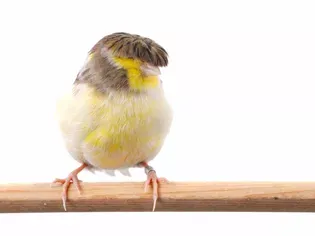
Small Bird Breeds
Gloster Canary: Bird Species Profile
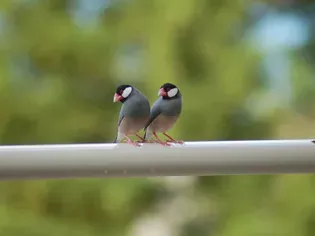
Small Bird Breeds
Java Finch: Bird Species Profile
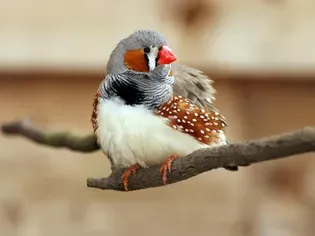
Small Bird Breeds
Zebra Finch (Chestnut-Eared Finch): Bird Species Profile
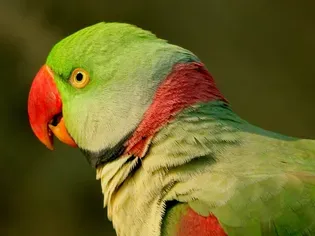
Small Bird Breeds
Alexandrine Parakeet: Species Characteristics & Care
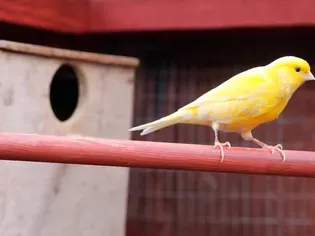
Small Bird Breeds
Canary: Bird Species Profile
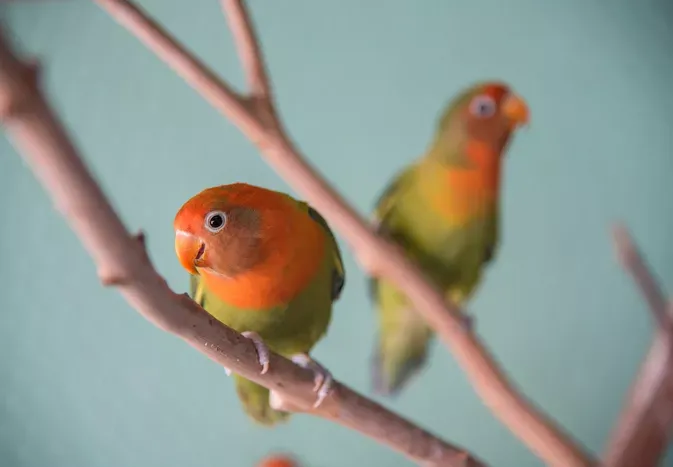
Small Bird Breeds
Lovebird (Pocket Parrot) Species Profile
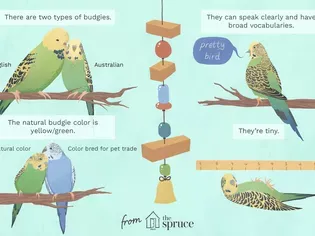
Small Bird Breeds
A Guide to Pet Budgie Birds
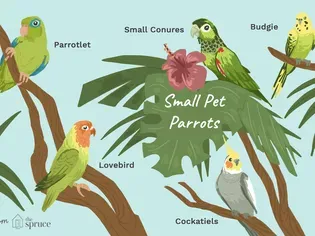
Small Bird Breeds
Types of Small Parrots